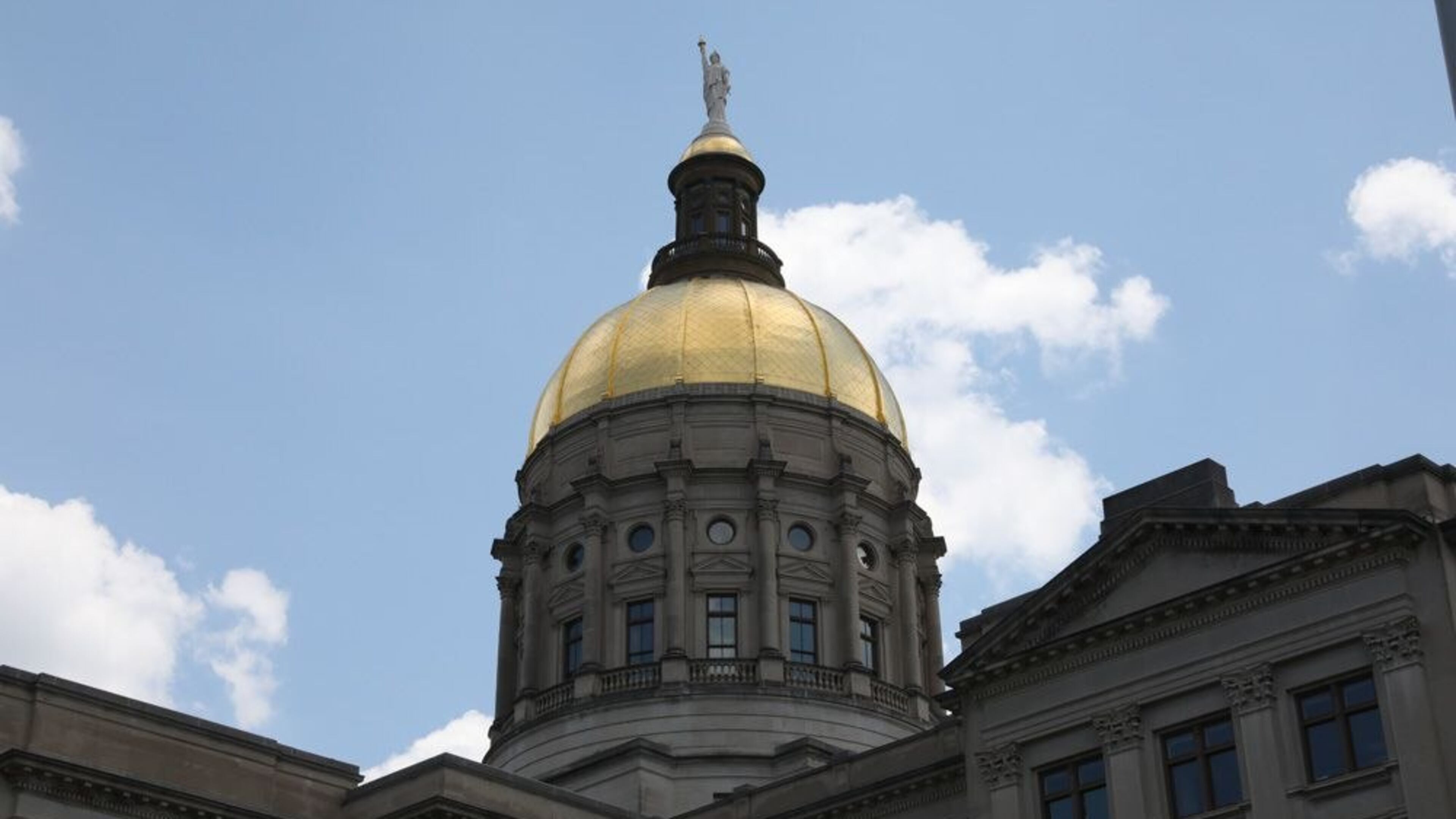Auditors find high default rate in Georgia student loan program

About one-third of borrowers have defaulted on student loans provided through a state program despite its low interest rate, according to a report by Georgia auditors released this week.
The 64-page report by the state’s Department of Audits and Accounts found many borrowers in Georgia’s 1% interest rate Student Access Loan (SAL) program are having trouble making payments. Officials fear that may threaten the program’s viability. The national default rate for federal borrowers is about 10%, auditors noted.
“Due to their higher default rates, the population SAL serves creates an inherent risk to SAL’s ability to generate enough cash flow to meet the current need without state appropriations,” the auditors wrote.
The state program was created in 2012, in part to fill the gap in student aid resulting from changes to Georgia’s merit-based HOPE Scholarship. State lawmakers reduced benefits for students who did not meet the new academic requirements.
The program is funded through Georgia Lottery revenue. The state, through the Georgia Student Finance Authority, provided about $28 million in loans through a recent 12-month stretch.
The Department of Audits and Accounts said the review was done to examine the program’s effectiveness amid the national debate surrounding rising student loan debt. About 1.6 million Georgians have student loan debt, owing nearly $66 billion, the fifth-highest rate in the nation, federal data shows. Many borrowers are approaching or past retirement age.
About 5,600 students borrowed money from the program in a 12-month period that ended in June. The annual loans are typically about $5,100. Most borrowers come from low-income households. The minimum monthly payments are $50.
State auditors found a higher percentage of borrowers who don’t complete their degree or certificate programs default on the loans. Their annual salaries were 40% less than those who remained in good standing in the first three years of repayment, the report found.
Auditors found many borrowers were unaware of two programs that could reduce or eliminate their repayments. The payment relief programs are for borrowers who work in public service or for Technical College System of Georgia students with a 3.5 grade-point average or better. The auditors recommended lowering the grade-point average requirement to 3.0 and adding professions such as construction and nursing to fields eligible for the loan cancellation program. Other recommendations included reducing the $50 minimum monthly loan payment.
Georgia Student Finance Authority officials agreed with most of the recommendations. The auditors suggested state lawmakers discuss the program’s goals before the authority makes any changes. State lawmakers are scheduled to begin the 2022 legislative session in early January.
About our coverage
The student loan debt for Americans is a combined $1.7 trillion, more than the nation’s total auto loan debt. Georgia borrowers account for $66 billion of that. The debt is impacting the overall economy by keeping borrowers from doing things like owning a home. As the debt has grown, so has the discussion for helping borrowers pay off their debts and even erase them altogether.
The Atlanta Journal-Constitution is covering the student loan debt issue from multiple angles. In addition to reporting the latest news on debt forgiveness proposals, we are also digging deeper to report the impact of student loan debt on particular borrowers, including students of color, veterans and parents who take out loans for their children’s education.



